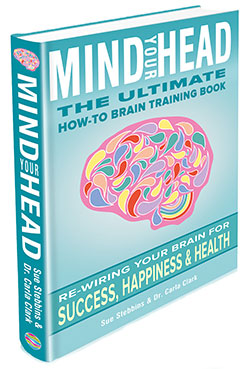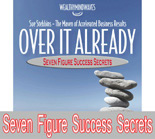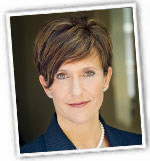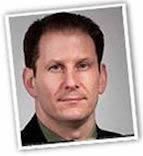True to Our Feelings: What Our Emotions Are Really Telling Us
Robert C. Solomon
Reviewed by Ronnie de Sousa, University of Toronto
Source: http://ndpr.nd.edu/review.cfm?id=11343
Robert C. Solomon died suddenly in early January of 2007, shortly before the official publication date of this book. After some forty other books, many of them about emotions, True to Our Feelings is a fitting testament. For anyone unfamiliar with Solomon's work, it will make an excellent introduction, a fine expression of the passion which he identified with a certain ideal conception of happiness, wisdom, and the good life.
The book has three parts, in which many of the themes of Solomon's teaching over more than three decades are elegantly woven together to make a fresh and coherent whole. In the first part, Solomon elaborates on the existentialist sense of our responsibility for our own emotions, applying that perspective to a number of important emotions. Thus anger can be viewed not so much as a state that overcomes one, but as "a strategy for engaging with the world"; love is neither passive nor blind; compassion and sympathy form the emotional core of human solidarity; and even the nastier emotions have something valuable to contribute. In the second part, Solomon attacks a number of familiar "myths" about emotions, especially mechanical or "hydraulic" conceptions of them as passive feelings, or as unintelligent physiological states. While admirably open to assimilating the contributions of empirical science, he firmly rejects the idea that science could displace meaning. He concedes that "all of our emotional reactions are based in the brain," and that discovering the role of oxytocin and endorphins is "very interesting, to be sure." But a scientific approach to emotions "becomes problematic when it becomes reductionist." (122) In the third part, Solomon turns to the ethical aspects of our emotional life, insisting on the essential importance of emotions to any life worth living, to our sense of ourselves, and to ethical integrity in the pursuit of wisdom.
As befits a self-declared Existentialist, Solomon's conception of wisdom eschews limiting conceptions of human nature. Occasionally, though, he seemed to succumb to momentary relapses of essentialism, as when he insists on listing criteria for distinguishing "love and infatuation" (53). But generally Solomon's broad sense of sympathy places him on the side of diversity, happy to celebrate "the myriad ways in which two people come to fit together." "I often marvel," he remarks, "at the many different ways in which couples work out their lives together, many of which are virtually unimaginable to me." (61)
Solomon's style of philosophizing was not obsessively precise. He tended to quote from his extensive memory rather than carefully checking texts, and he was more interested in wisdom than in rigorous analysis. Yet he was quite capable of penetrating critical analysis. In this book, for example, he presents an admirably destructive critique of the notion of "valence" -- the claim that every emotion is either "positive" or "negative". His argument, he says, "is not that there is no such thing as valence . . . but rather that there are many such polarities and oppositions" (171). After offering a list of nineteen non-equivalent forms of positive/negative oppositions, he points out that there are many aspects of any given emotion that might be appraised in opposite ways. Thus in love one generally (but not invariably) regards the loved one positively; but we also think of love as something that is (again, often but not invariably) intrinsically pleasant as a feeling. Furthermore, love also may or may not be good for your health, and may or may not lead you to act in a moral or benevolent way. But "emotions are processes" (263), and as such, what we call emotions are sometimes actually complex clusters of actual and potential states, compatible with many different and often incompatible momentary feelings and responses at different times. Hence "the sad truth is that love can sometimes be very bad for you" (172).
.
We Make it Easy to Succeed
Successwaves, Intl.
Brain Based Accelerated Success Audios
 |






